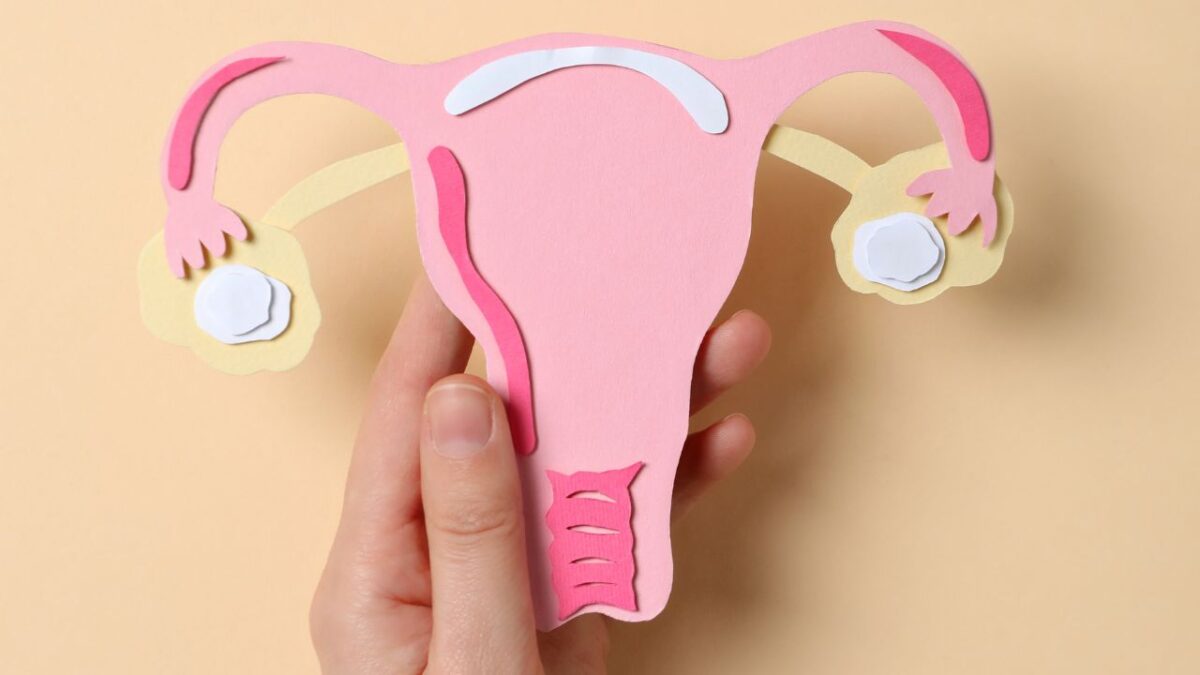Perimenopause in Your 30s or 40s: Is It Too Early?

Ever feel like your body’s playing tricks on you? One minute you’re breezing through life, and the next, you’re dealing with mood swings, weird periods, and exhaustion that coffee just can’t fix. If you’re wondering, “Wait… could this be perimenopause already?”—you’re not alone.
The truth is, perimenopause can start earlier than most of us expect. Even in your late 30s or early 40s, those hormonal shifts can creep in and throw things off balance. So, let’s talk about what’s going on, what to expect, and how to get through it without losing your mind.
What Exactly Is Perimenopause?
Perimenopause is like your body’s way of slowly turning down the hormone dial before menopause officially kicks in. It’s that transition period when your ovaries start producing less estrogen, and your body begins to adjust—sometimes not so gracefully.
While menopause (when your periods stop completely) usually happens in your late 40s or 50s, perimenopause can show up much earlier—sometimes even in your 30s. And here’s the kicker: it can last for years.
So, why does it happen so soon? It’s often genetic, but lifestyle factors like stress, diet, and even how much sleep you’re (not) getting can play a role, too.
Signs You Might Be in Perimenopause
Let’s be honest—perimenopause can be sneaky. The symptoms often feel like random annoyances rather than part of a bigger picture. Some common signs include:
- Your periods are all over the place. Maybe they’re heavier, lighter, shorter, or show up whenever they feel like it.
- Your mood is… unpredictable. One minute you’re fine, the next you’re crying over a dog food commercial.
- Sleep feels impossible. Whether it’s trouble falling asleep or waking up at 3 AM for no reason, it’s frustrating.
- Hot flashes and night sweats. Suddenly, you’re sweating like you ran a marathon—except you’re just sitting there.
- Brain fog is real. Ever walk into a room and forget why you’re there? Yeah, that.
- Weight gain that won’t budge. Especially around your midsection, despite your best efforts.
Sound familiar? If so, it might be time to take a closer look at what’s going on with your hormones.
Why Does Perimenopause Start Early for Some Women?
It’s not just bad luck—there are a few reasons why perimenopause can start earlier than expected:
- Genetics. If your mom or older sister hit perimenopause early, you might too.
- Stress. Chronic stress can throw your hormones into chaos.
- Lifestyle choices. Smoking, poor nutrition, and lack of exercise can all speed things up.
- Medical conditions. Things like thyroid issues or autoimmune diseases can mess with your cycle.
How to Manage Perimenopause in Your 30s or 40s
Okay, so perimenopause might not be avoidable, but the good news? There are plenty of things you can do to make it easier on yourself:
- Fuel your body right. Think whole foods, plenty of protein, and healthy fats. Foods rich in phytoestrogens (like flaxseeds and soy) can help balance hormones naturally.
- Move your body. Exercise helps with mood, weight management, and sleep—bonus points for strength training and yoga.
- Prioritize sleep. Easier said than done, but try limiting screen time before bed and experimenting with magnesium supplements.
- Manage stress. Whether it’s meditation, deep breathing, or just saying “no” more often, keeping stress in check is huge.
- Talk to your doctor. If symptoms are seriously affecting your life, it’s worth exploring options like hormone therapy or supplements.
When to See a Doctor
If you’re dealing with symptoms that are making everyday life harder, don’t hesitate to check in with your healthcare provider. A simple conversation and some hormone tests can give you a clearer picture of what’s going on and how to manage it.
You’re Not Alone
Perimenopause in your 30s or 40s might feel like it’s too soon, but it’s more common than you think. And the best part? There’s a lot you can do to feel better and stay in control. So, be kind to yourself, listen to your body, and take it one day at a time.
